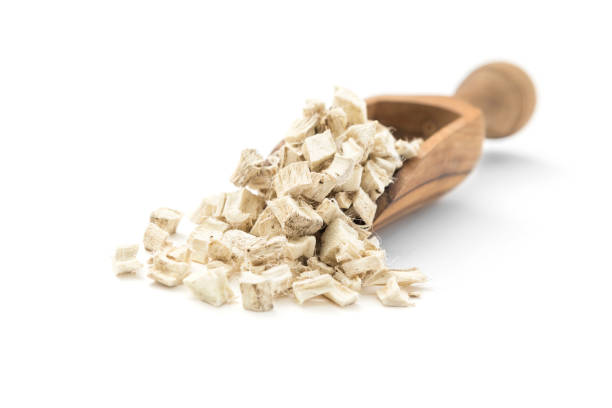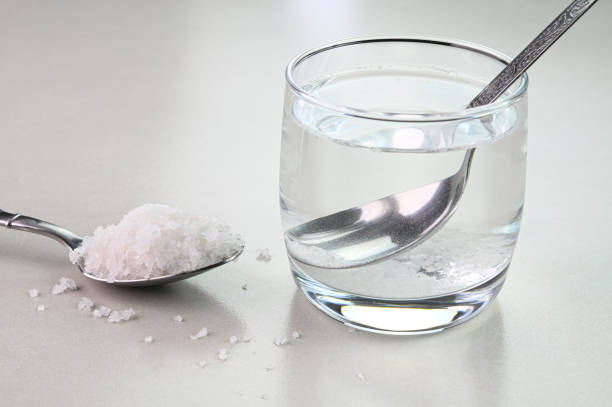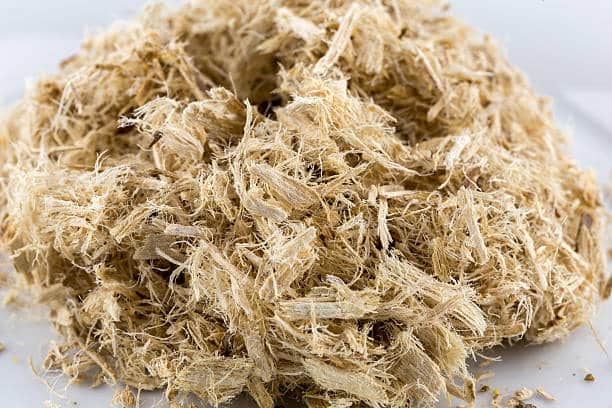Many people look forward to fall because of the cooler temperatures. Unfortunately, the cold comes with dry air that encourages the spread of viruses. Additionally, you’re likely to spend more time inside, and if you have school-age children at home, your odds of catching a cold or the flu are even higher. Depending on your situation, you may get sick more than once before summer returns. Though you may have several symptoms, coughs tend to be the most irritating as they can aggravate a sore throat and set off other issues like an asthma attack. That’s why it’s good to have effective at-home remedies at your disposal.
10 Great Natural Remedies for Coughs

1. Honey
Research shows that a spoonful of honey can work just as well at suppressing a cough as over-the-counter medicine. Though it needs to be studied further, drinking some honey while you have a cough may reduce your need for antibiotics,

2. Ginger
According to a few studies, ginger may calm your cough because of its anti-inflammatory properties. Since warm beverages are great for colds, you can try some ginger tea to help.

3. Marshmallow Root
This herb has been found to have great anti-inflammatory properties and is also an antioxidant. Additionally, it contains mucilage that can alleviate your cough by coating your throat. To get this, you should look for it in dried herb form or tea bags. You should note that marshmallow root can upset your stomach but this can be eased by drinking more water.
RELATED: Types of Coughs and What They Mean

4. Salt Water
While gargling with salt water won’t kill the virus, it can help to break up mucus and soothe an aching throat. To make the ideal salt water solution, you should dissolve ½ teaspoon of salt in a cup of warm water.

5. Pineapple
Pineapple contains bromelain, which is an enzyme with anti-inflammatory properties. While you can eat some pineapple to get bromelain, the enzyme is at its highest concentration in the pineapple’s core. You may be better off getting some bromelain supplements from the store.

6. Thyme
Thyme may help to soothe your coughs. There’s also some research to show that if you combine it with ivy leaf, marshmallow root, and aniseed you may even cut down on how long your cold lasts.

7. Slippery Elm
This herb is similar to marshmallow root in terms of mucilage. However, it can interfere with the absorption of certain medications so make sure to talk to your doctor before taking it. If you get the go-ahead, a teaspoon in a cup of warm water should do the trick.

8. Elderberry
This option isn’t an immediate cough reliever but studies show that drinking the syrup or taking the supplement regularly can help the cough go away more quickly.
RELATED: Why Your Cough Isn’t Going Away (And How To Stop It)

9. Peppermint Tea
Peppermint contains menthol, which can be great for opening your airways to help you breathe and ease your coughs. It’s always best to use natural peppermint but the tea bags can work, too.

10. Chicken Soup
People have been drinking chicken soup for colds for decades. Now, studies show that it can help to ease a cough, open your airways, and soothe your symptoms overall.
When to see a Doctor
Apart from soothing your coughs, you can also take additional steps to prevent them. For example, if you drink warm liquids, use a humidifier, avoid dairy products, and avoid alcohol, you might not cough as often. If all else fails, get some over-the-counter medications to help.
Sometimes, a simple cold develops into something more or the mild symptoms of another condition feel like a cold. If you have a fever that goes over 102°F or one that lasts for more than three days, this may be the case. Some other signs that you need to see a doctor include coughing up blood, having chills, showing signs of dehydration, producing green or yellow phlegm that has a foul smell, and having trouble breathing.
It’s cold and flu season so you have to be prepared. While it’s important to prevent getting sick, it can still happen, anyway. Natural remedies can help to soothe your coughing but you should get some over-the-counter medication if you need it. If your symptoms worsen, see your doctor immediately.









